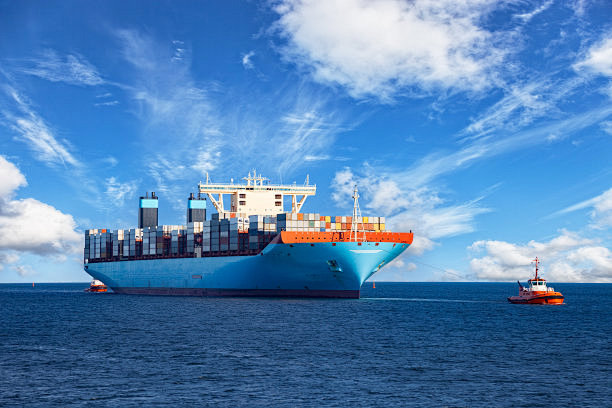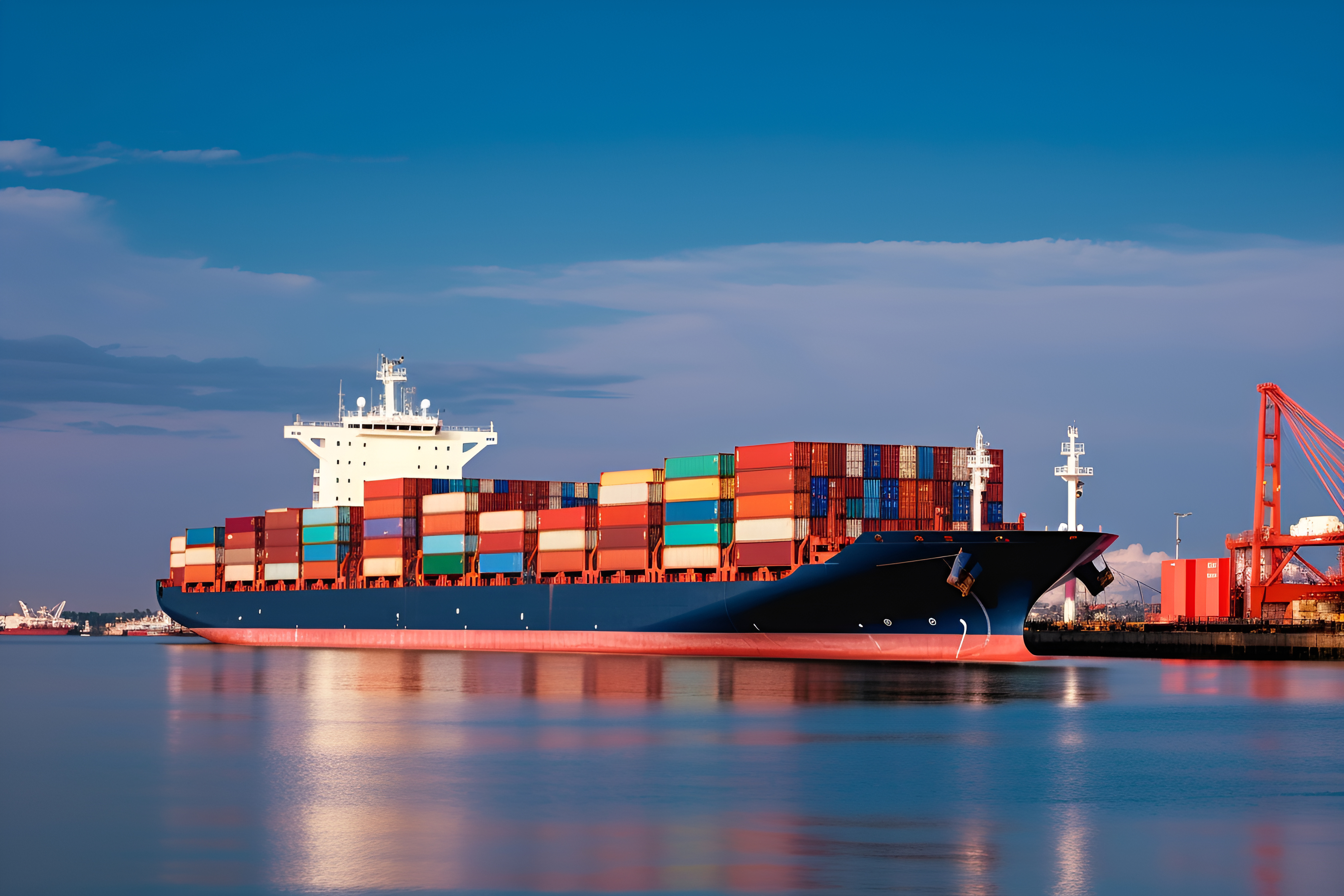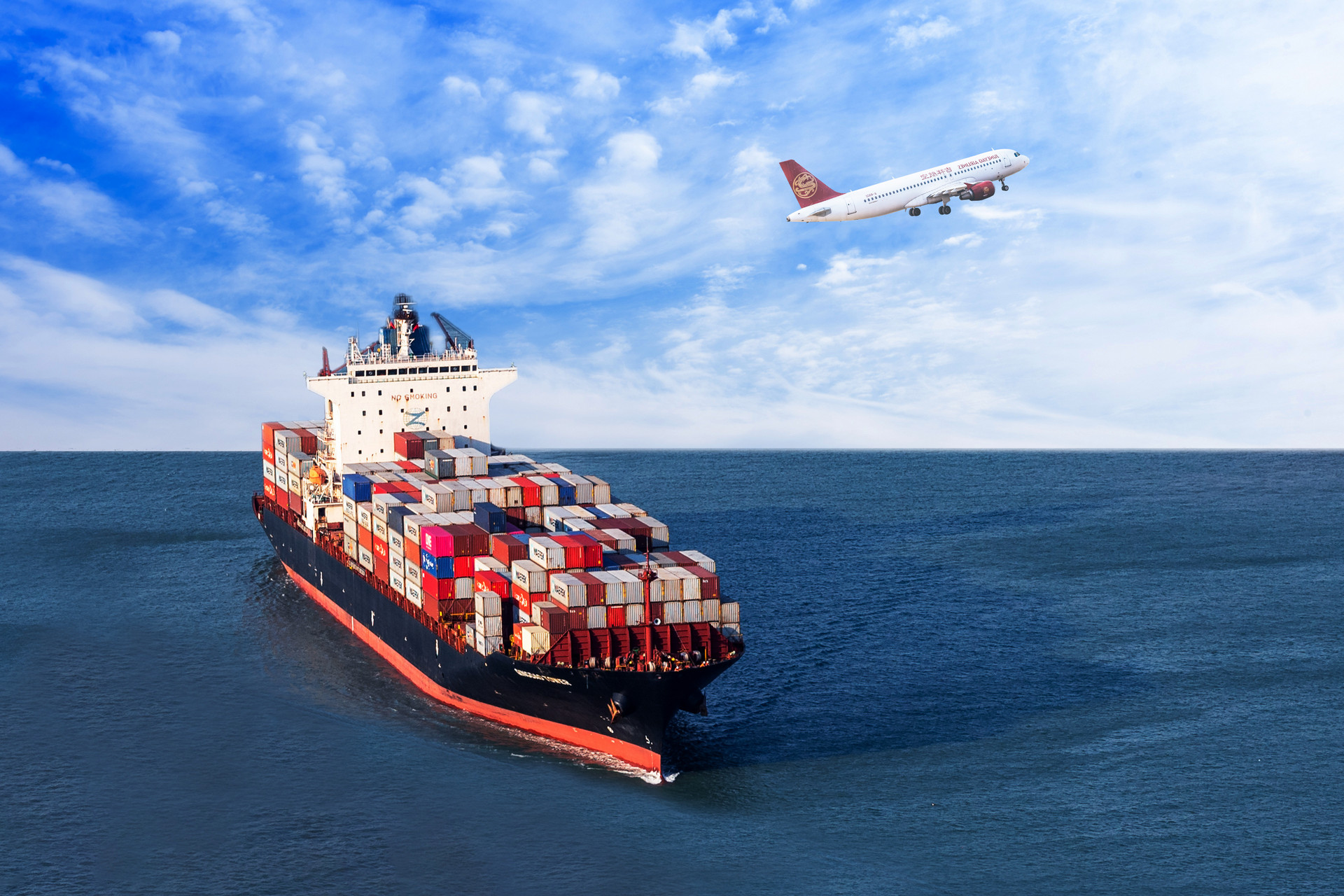International shipping is an important component of global cargo transportation, involving knowledge from multiple aspects. Here are some basic concepts:

type of shipping:
Container transportation: The most common method is to ship goods in standardized containers. These containers can be transferred between different modes of transportation, such as ships, trains, and trucks.
Bulk cargo transportation: suitable for bulk commodities such as coal, iron ore, grain, etc., which are usually loaded in bulk on ships.
Main ports:
The world's major shipping ports include Shanghai, Hong Kong, Singapore, Los Angeles, Antwerp, etc. These ports are important hubs for global trade.
Main routes:
Asia Europe route (such as the Middle East route): connecting Asia and Europe, passing through the Suez Canal.
Pacific route: connecting East Asia and the west coast of North America.
Atlantic route: connecting Europe and the east coast of North America.
Transport documents:
Bill of Lading (B/L): The main transport document used to prove that the goods have been loaded onto the ship and to establish ownership of the goods.
Freight insurance policy: provides insurance coverage for goods during transportation.
Packing list: a detailed list of the goods inside the container.
cost:
Freight: The cost incurred for transporting goods.
Terminal fee: The cost incurred during loading and unloading operations at the port.
Miscellaneous expenses: including demurrage fees, storage fees, etc.
Ocean freight contract:
Transportation contract: It stipulates the rights and obligations between the carrier and the shipper, including transportation time, costs, responsibilities, etc.
International Maritime Regulations:
The International Maritime Organization (IMO) is responsible for formulating international regulations on maritime safety and environmental protection.
International maritime conventions, such as the Convention on Contracts for the International Carriage of Goods (CMR) and the Convention on Marine Pollution (MARPOL).
Risk management:
Cargo insurance: provides protection for goods in transit, preventing losses and risks.
Safety measures: Ensure the safety of ships and goods during transportation, including preventing theft and avoiding accidents.











